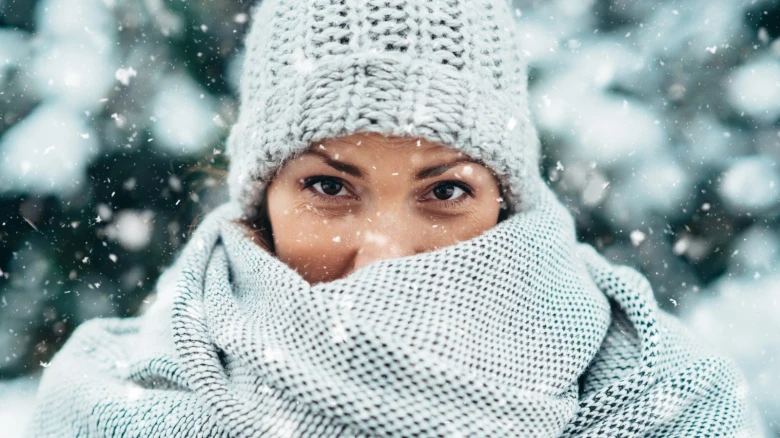Extreme cold has the power to compromise our immune system, making us more susceptible to illnesses...
Digital Desk: As winter descends and temperatures plummet, it's crucial to recognize the potential health risks associated with extreme cold. Beyond the inconvenience of shivers and icy roads, subzero temperatures can have a significant impact on our well-being, affecting immunity and exacerbating various health conditions. Here’s how extreme cold can influence the body and offers essential tips to stay healthy and protected during harsh winter conditions.
The impact of extreme cold on health:
Extreme cold has the power to compromise our immune system, making us more susceptible to illnesses. Moreover, individuals with pre-existing conditions such as hypertension, asthma, and COPD may experience heightened symptoms in frigid temperatures. Arthritis patients often find that cold weather intensifies pain, swelling, and stiffness. Additionally, skin and hair health can be adversely affected by prolonged exposure to cold conditions.
Protective measures against the cold wave:
1. Dress in Layers:
Begin with a moisture-wicking base layer, add an insulating layer, and finish with a waterproof and windproof outer layer. This helps trap body heat and shields against harsh weather conditions.
2. Protect Extremities:
Keep extremities warm by wearing thermal hats, high-quality gloves or mittens, insulated waterproof boots, and thick socks to prevent heat loss.
3. Cover Your Face:
Utilize scarves or face masks to protect your nose and mouth, providing an extra layer against frostbite and inhaling extremely cold air.
4. Stay Dry:
Wet clothing accelerates heat loss. Ensure outer layers are not only warm but also waterproof. Change into dry clothes if wet to prevent a significant decrease in body temperature.
5. Limit Exposure:
Minimize outdoor time during severe cold snaps. Schedule activities during the warmest parts of the day and take breaks indoors to avoid prolonged exposure.
6. Stay Informed:
Stay updated on weather forecasts, particularly wind chill warnings, and plan activities accordingly to avoid being caught in extreme weather conditions.
7. Keep Hydrated and Nourished:
Consume warm fluids regularly to maintain hydration, aiding temperature regulation. Eat a balanced diet with high-energy foods to provide the fuel needed to generate heat.
8. Know the Signs:
Recognize signs of hypothermia (shivering, confusion) and frostbite (numbness, changes in skin color). Seek immediate medical attention for these symptoms.
9. Stay Active:
Engage in moderate physical activity to generate body heat, but avoid overexertion to prevent excessive sweating.
10. Prepare Your Home:
Ensure your home is well-insulated and stock an emergency kit with essentials like blankets, non-perishable food, flashlights, and supplies for power outages.
In the face of extreme cold, prioritizing health becomes paramount. By understanding the potential risks and implementing these practical tips, individuals can navigate the winter months with resilience and safeguard their well-being against the chilling effects of harsh weather. Stay warm, stay informed, and take proactive measures to thrive in the midst of the winter chill.

Leave A Comment